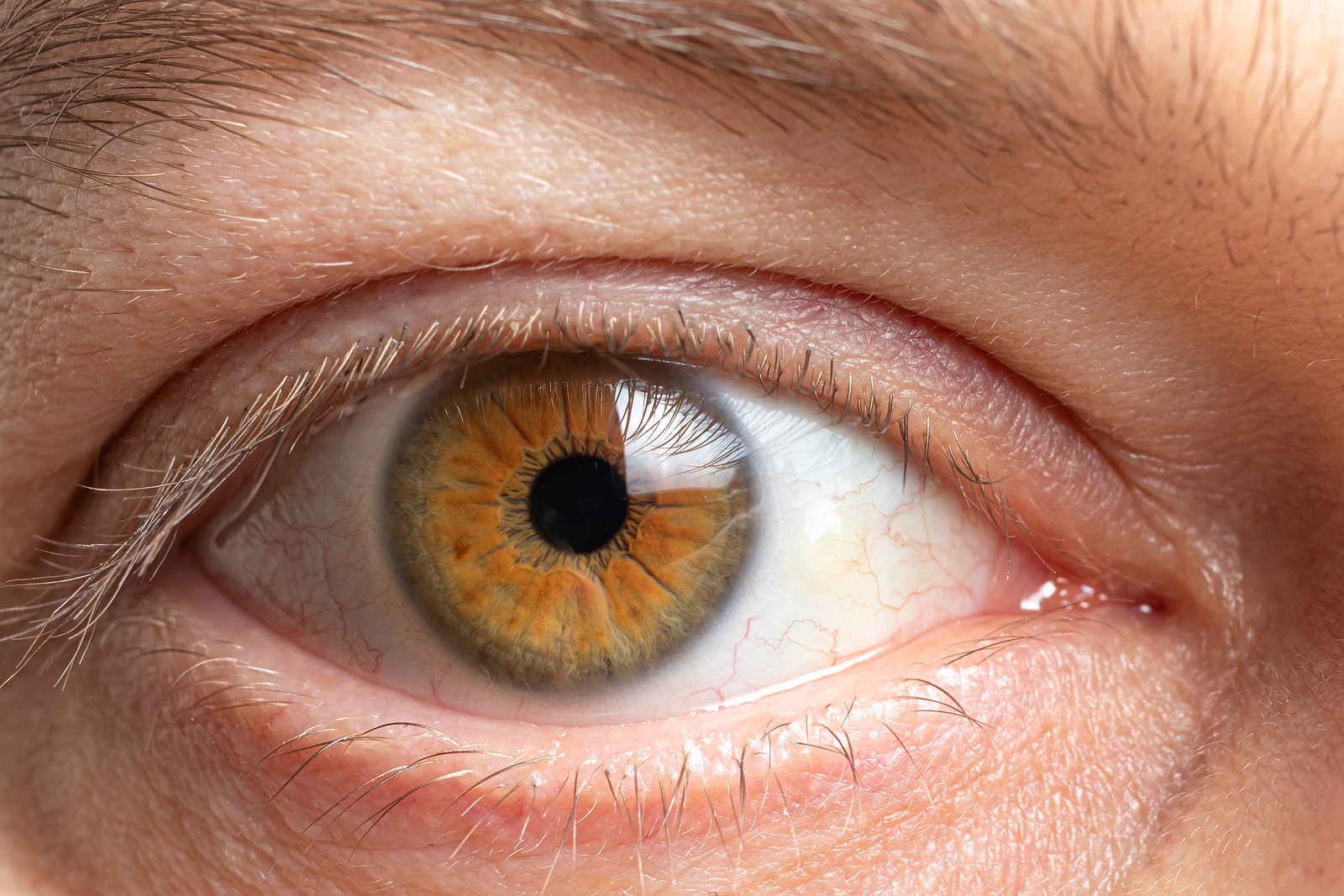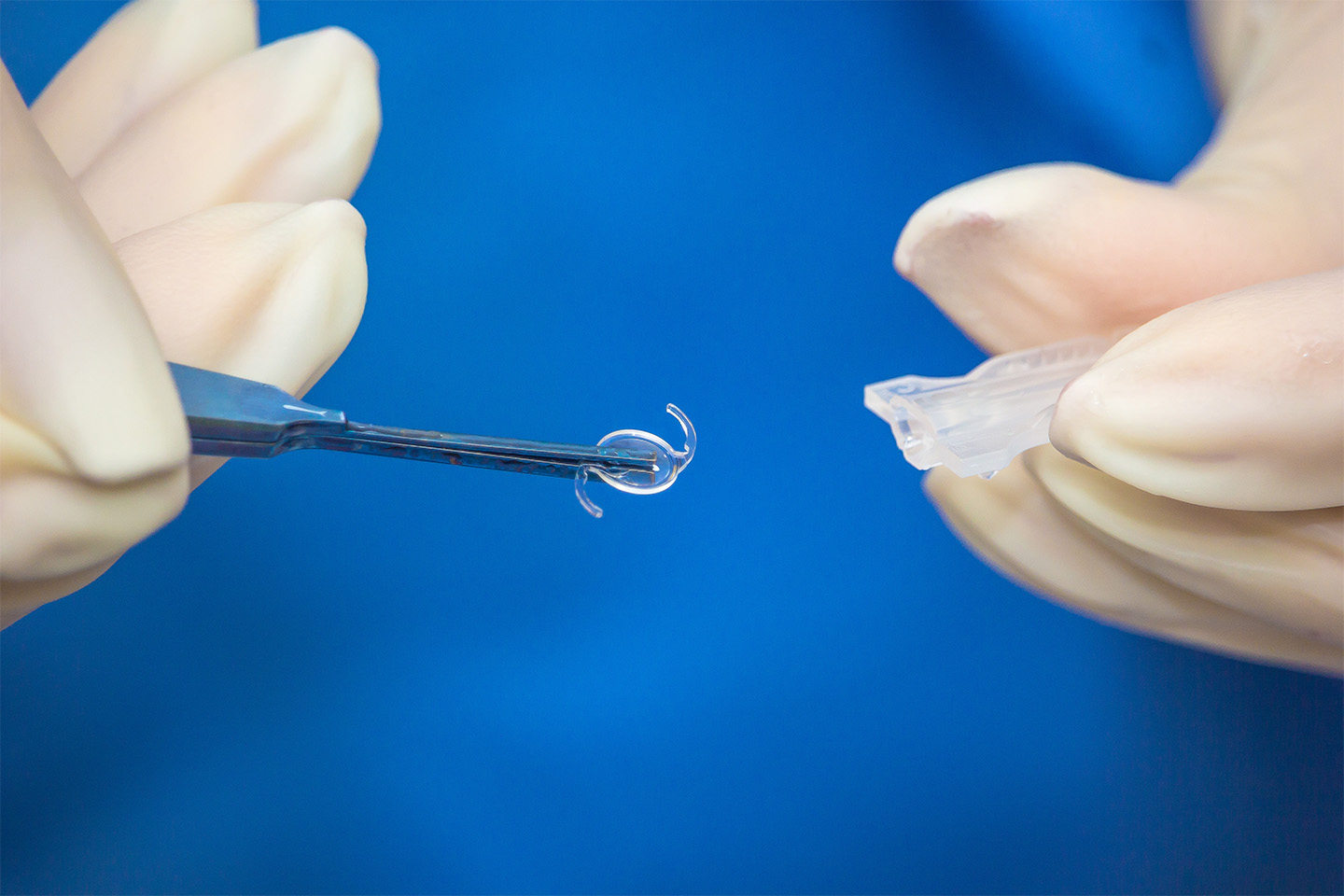10 Common Questions About Corneas

The eye care specialists at Kleiman Evangelista Eye Centers in greater Dallas answer the 10 most commonly asked questions about your corneas, as well as conditions that can affect the cornea.
1. What is the cornea of the eye?
Your cornea consists of the clear outer layer located that covers the front portion of your eye. It helps the eye bend or refract light to see clearly.
2. Can your cornea repair itself?
Yes, your cornea can repair itself, including minor scratches and abrasions. Corneal damage caused by disease or injury can cause discomfort and impact your ability to see clearly. However, the cornea can heal minor cuts and scratches quickly. Deeper scratches may cause infections or scarring that can put your vision at risk and may require corneal surgery.
3. What causes cornea damage?
Injuries, diseases and illness typically cause damage to your cornea. Here are the most common causes of corneal conditions:
- Small scratches often heal by themselves while deeper scratches may require treatment before they cause vision problems.
- Keratitis describes an inflamed cornea. Many patients come in with infections related to wearing contact lenses.
- Corneal dystrophies are a group of hereditary conditions that cause changes to specific layers of the cornea. If other members of your family have it, you are more likely to experience this condition. They cause a range of symptoms including potentially cloudy vision.
- Dry eyes result from insufficient tear production. This condition causes many eye issues including potential damage to the cornea.
4. Can a damaged cornea cause blindness?
Damaged corneas can cause a number of conditions that lead to blindness, from corneal opacities to scratches to major injuries, corneal damage can lead to opacification of the surface that can cause vision loss. While certain eye conditions such as cataracts, glaucoma, or macular degeneration may exist in conjunction with corneal damage, they are typically not caused by corneal conditions. If patients have extensive damage to the cornea, they may need a corneal transplant with a cornea specialist.
For other conditions, we offer a number of treatment techniques and surgeries that can reduce or slow the damage threatening your vision including the following:
- Cataract surgery in Dallas
- Glaucoma detection and treatment
- LASIK eye surgery in Dallas to improve vision if you qualify
5. Which surgeries affect the cornea?
Most corneas are about 550 microns in thickness. They need to be thick enough for light to pass through division structures at the back of the eye. Some people have thin corneas caused by a variety of conditions which might disqualify them from getting refractive surgeries. However, for those with adequate corneal thickness, there are several procedures that reshape the cornea to improve vision, such as:
- LASIK eye surgery can correct nearsightedness, farsightedness, or astigmatism through the creation of a flap on the surface of the cornea followed by reshaping with a laser.
- Photorefractive Keratectomy or PRK surgery removes the top layer of the cornea, which regenerates after the surgery. Note that this type of surgery requires a longer healing period than typical LASIK surgery. This procedure is often better for patients who have thin corneas.
- Implantable Collamer Lens or ICL surgery involves implanting an artificial lens that replaces your natural lens. While an incision is made on the cornea to implant the lens, it does not involve reshaping the cornea.
6. How can I make my cornea stronger?
A weak cornea can impact your vision, causing abnormal astigmatism. There are ways to strengthen your cornea and maintain or improve your eyesight. Your eye doctor can use cornea collagen crosslinking to strengthen the fibers that make up the cornea if the weakness is caused by keratoconus, thinning following refractive surgery, or in rare cases, severe infections..
7. Why would a person need a cornea transplant?
You may need a corneal transplant if you have keratoconus, which causes the cornea to grow thinner overtime. Patients with scars on both corneas from severe infections, hereditary conditions, or rare complications from prior surgeries also may need an implant to improve their vision.
8. Can corneal haze be corrected?
Following surgery or injuries, you may develop corneal haze that slowly improves within six to nine months. If the corneal haze seriously impairs your vision, your eye doctor may prescribe medications such as eye drops. Following refractive surgery, healing patients typically experience corneal haze for a few days.
9. At what age does keratoconus stop?
Keratoconus causes your cornea to thin. Those who have this condition typically develop it during puberty. It may slow down at age 25 or continue into your 40s. However, each patient is different. After the age of 50, it is very unlikely that patients with keratoconus experience progression.
10. What happens if my cornea is scratched?
Scratched corneas are common eye injuries that typically heal on their own. You may experience red eyes, light sensitivity and excessive tearing in the meantime. For minor scratches, using lubricating drops and keeping your eye closed as much as possible will aid in the healing process. If you have a deep scratch, you may need eye drops or other medication to help the injury heal.
At Kleiman Evangelista Eye Centers, we specialize in cataract surgery in the greater Dallas area and also provide comprehensive eye care for your entire family. Contact us today to set up a consultation for LASIK eye surgery or take advantage of our other services.









